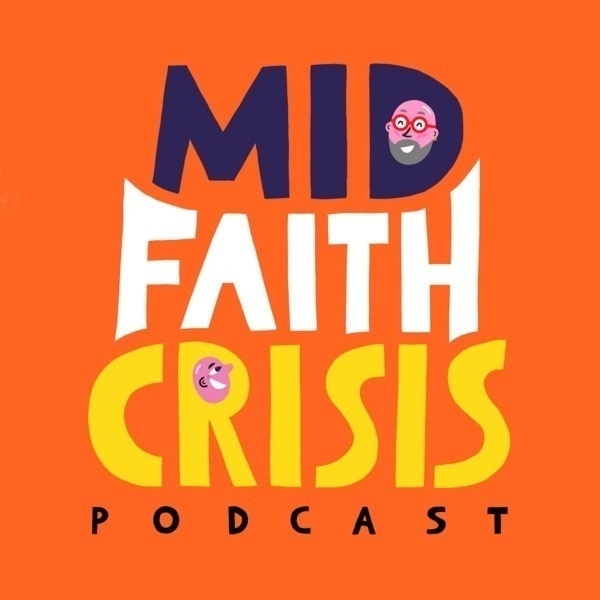
In this week’s episode we talk about how culture shapes art, and especially, how the culture of the time affects the Bible.
This is always a tangled thread, not least because many people like to assume that God dictated the Bible. And, since God is outside all time and therefore culture, the Bible must be free of that. Of course, God didn’t dictate it. At least not in that sense. Paul says that scripture is God-breathed, not God-spoken. Everything in scripture has been created in collaboration with human writers. And humanity is where the culture gets in.
There are several approaches to cutting through the cultural norms and societal assumptions of the text. The first and most obvious one is to recognise the culture of the time was not ours: their understanding of the world, of society, of the very cosmos itself was different. So a bit of historical understanding is always helpful.
The second is to recognise our own cultural assumptions and biases: no-one reads the Bible entirely objectively. We are all products of our own culture and time. (This can be a good thing as well: it helps us to ground scripture in the realities of our own life.)
And the third approach is to look for the victim. Can we give power to the powerless within the story? Who is being oppressed here? Whose voice is not being heard? Who are we in this tale? As a listener, what is our response? It’s about trying to see the text anew, to view it from a different angle.
As Christians we read scripture through the lens of Jesus: we test everything against its conformity to the gospels. But I’m beginning to see that it goes deeper than that. We have to read scripture like Jesus. That certainly means opposing some of the pieces which he opposed – ‘You have heard it said… but I say…’ (see for example Matthew 5:38-42). But it also means reading with compassion and understanding, recognising that the writer, as much as anyone, is caught in their own culture and suffers from their own sin. Despite that, despite the human frailty God breathes through their words. There is a wonderful collaboration going on.
Jesus, it seems to me, recognises the value of everyone – their uniqueness, their special gifts and abilities. He cherishes what they bring to life in the world. But that doesn’t mean he approves of their attitudes or their actions. He simply knows that the culture is not who they are: they can, and one day will, be better than that.